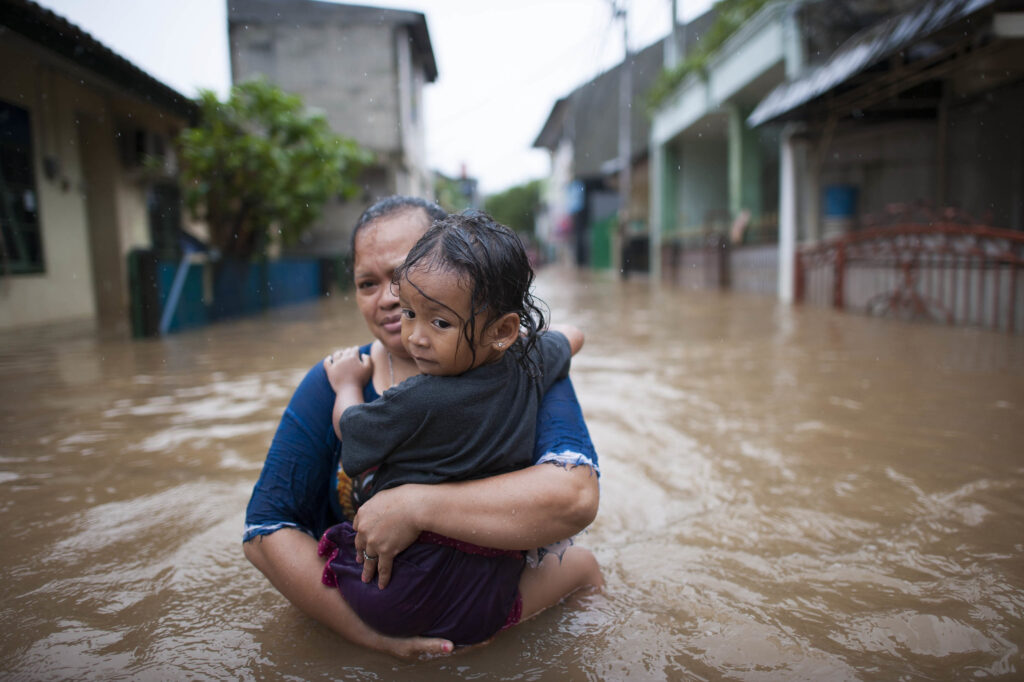Blog by Adessou Kossivi, Climate Change Lead
The 62nd session of UNFCCC’s subsidiary bodies (SB62) took place in Bonn from 16-26 June, as a key moment to prepare for the upcoming 30th Conference of the Parties (COP30). It was an opportunity to reflect on progress to date, identify remaining gaps, and plan the path ahead.
One of the headline items for COP30 will be the review of the New, Collective and Quantified Goals (NCQG), which were concluded and validated in Baku (COP29). The NCQG are vital global climate finance goals – and key commitments under the Paris Agreement. These new targets, set to replace the previous $100 billion goal, aim to establish a more ambitious and effective financial framework to support climate action in developing countries after 2025.
At SB62, many hoped to see clearer integration of Loss and Damage finance into the Global Stocktake (GST) – to correct the gaps still present after COP29. This was especially important for organisations like GNDR and our members – we have long advocated for a fair, inclusive and adequately funded response to climate impacts.
Since the adoption of the Fund for Responding to Loss and Damage (FRLD), however, commitments from developed countries have fallen short of expectations. This failure to deliver on promised finance leaves developing countries increasingly vulnerable – and puts countless lives on the frontlines of climate change at greater risk.
Despite the urgency, Loss and Damage received limited attention at SB62, reinforcing concerns of developing countries that the COP30 presidency is not prioritising the issue in line with its seriousness. The irreversible – or enormously costly – impacts of climate change on people’s lives and livelihoods demand a much more prominent place on the agenda.
